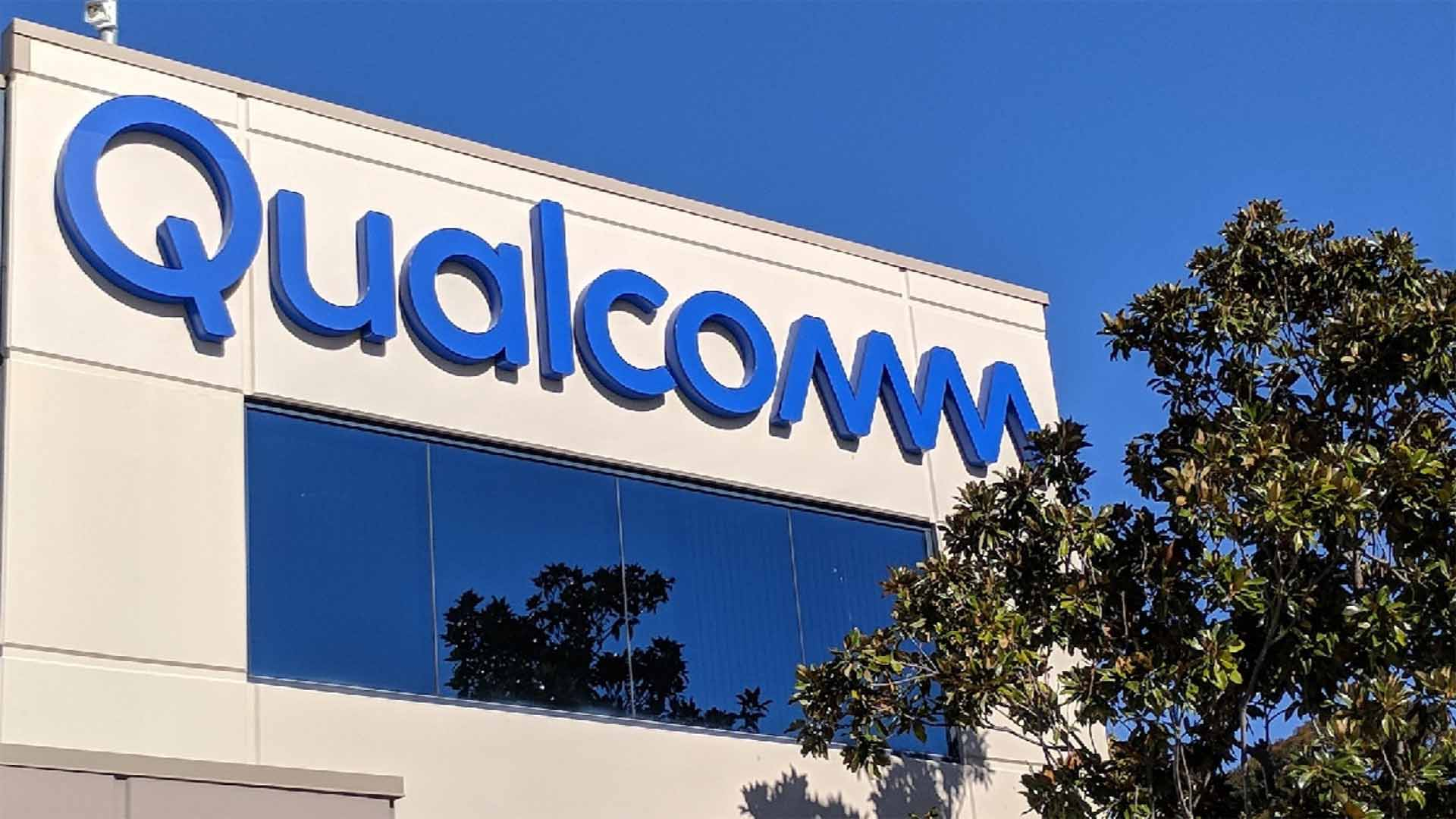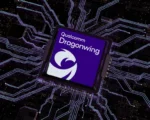In a pivotal U.S. federal court trial this week, Arm and Qualcomm are locked in a high-stakes legal battle over the ownership of intellectual property (IP) related to chip designs based on Arm’s architecture. The dispute, taking place in Delaware, is critical for Qualcomm’s ambitions in the laptop market, where it is supporting partners like Microsoft to regain ground lost to Apple after the company introduced its custom chips.
The Core of the Dispute
At the heart of the legal conflict is who owns the intellectual property built on top of Arm’s computing architecture. Arm’s architecture competes with Intel’s and is widely used in smartphones, laptops, and data centers. While major companies like Apple design their own cores based on Arm’s architecture, Arm also provides off-the-shelf core designs for smaller firms like MediaTek. The crux of the case lies in whether Nuvia, a company acquired by Qualcomm for $1.4 billion in 2021, had the right to transfer its computing core designs to Qualcomm.
Key Legal Testimony
The companies disagree on whether Nuvia’s core designs, created by Gerard Williams—former Apple engineer and Nuvia founder—are derivatives of Arm’s architecture. Arm’s attorneys argue that the licensing agreement covers Arm technology, including “derivatives” and “modifications” made from it. During the trial, Arm’s attorney, Daralyn Durie, grilled Williams on the contractual language, asking him to acknowledge that Nuvia’s work was a derivative of Arm’s technology. Williams, however, denied this interpretation, stating, “I wouldn’t say that, but I’m not a legal expert.”
Impact on Qualcomm’s Plans
Qualcomm’s attorneys, meanwhile, emphasized how minimal Arm’s technology was in Nuvia’s final chip designs. Williams estimated that less than 1% of Nuvia’s final designs contained Arm’s technology. This assertion could significantly impact Qualcomm’s ongoing business strategy, particularly as the company seeks to expand into laptops, a market currently dominated by Apple’s custom chips. Qualcomm currently pays Arm approximately $300 million annually for its architecture, but evidence introduced at trial suggested that Arm executives believed they were missing out on $50 million annually due to Qualcomm’s acquisition of Nuvia.
Next Steps in the Trial
The trial could conclude with a jury verdict as soon as this week. Qualcomm’s CEO, Cristiano Amon, is also expected to testify, which could further influence the outcome of the case. The final decision may have significant ramifications for the future of chip design, especially in the rapidly evolving laptop and mobile markets.


















